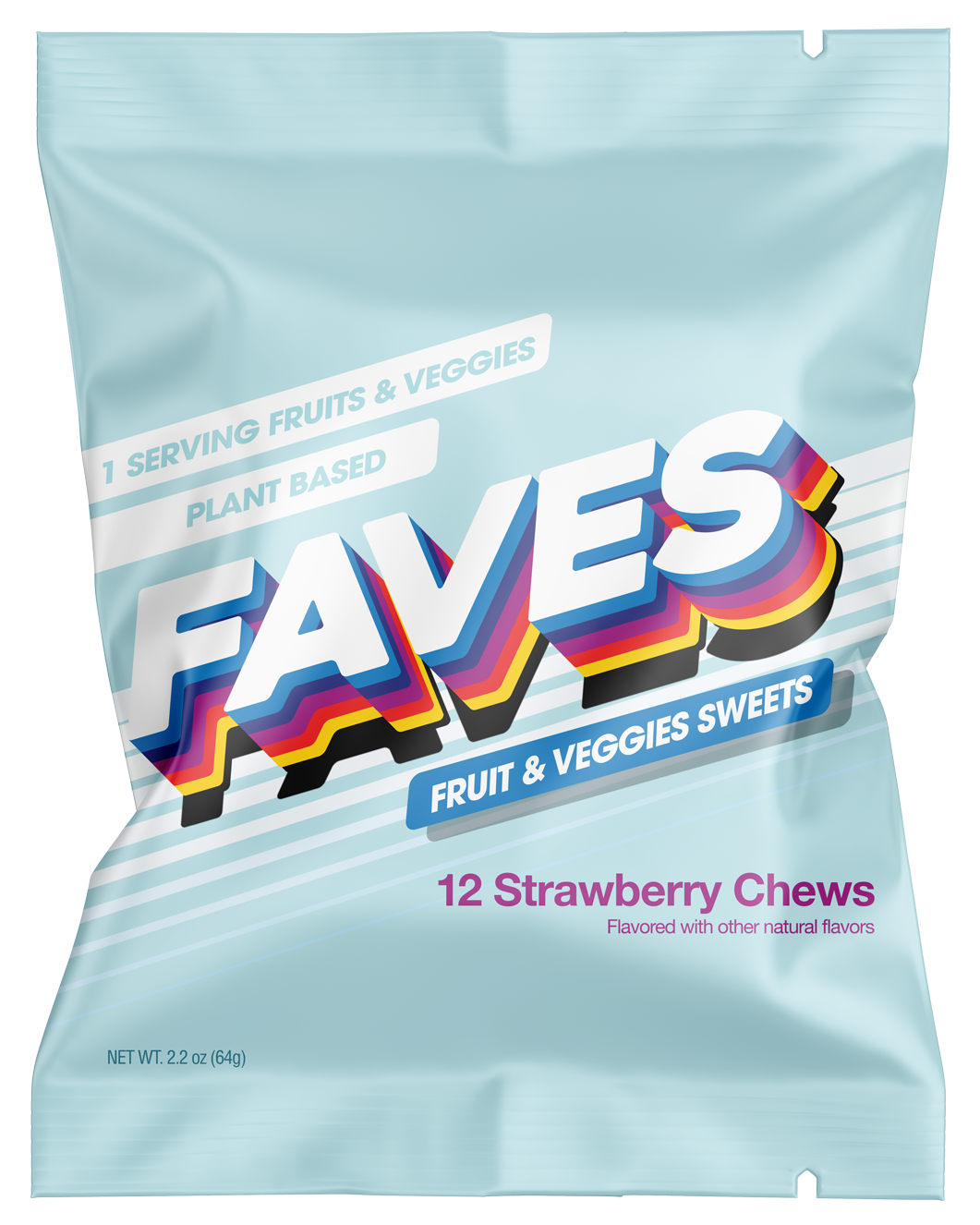Free Shipping on all US orders! 🎉🎉🎉
Breakfast is the most dangerous meal of the day for sugar. Many breakfast foods that sound as if they’re healthy are in fact laden with sugar. In many strawberry yogurts, for example, the second ingredient — ahead of strawberries! — is evaporated cane sugar. And many brands of granola have more sugar per serving than the sugar cereals. In the United States, as the science writer Gary Taubes says, breakfasts have become “lower-fat versions of dessert.”
There are two main strategies to ensure that breakfast doesn’t become a morning dessert. The first is for people who can’t imagine moving away from a grain-based breakfast, like cereal or toast. If you fall into this category, you have to be quite careful, because processed grains are often packed with sugar.
But there is also a more creative alternative. Move away from grain-based breakfasts. If you do that, avoiding added sugar is easy.
Veggies for Breakfast?
I realize the part about vegetables may sound weird. Maybe morning veggies aren’t for you. But maybe you’ll be surprised to discover they are. Remember: In much of the world, including large parts of Asia, breakfast is a savory meal, not a sweet one, just as lunch and dinner are. Vegetables aren’t a weird thing to eat for breakfast in China or India.
Fruit A Miracle Food.
It’s sweet, delicious and full of nutrients and fiber. Yes, it’s possible to eat so much fruit that you end up getting too much sugar in your diet. But very few people have this problem. For people who want a sweet every day, fruit is the way to go.
Some tips on picking great fruits?
The beauty of fruit helps to underscore the overriding point about sugar. It’s normal to have some sugar in your diet. The problem is all of the processed sugar that has snuck into the modern diet. It’s so prevalent that you need a strategy for avoiding it. Once you come up with a strategy, eating a healthy amount of sugar isn’t nearly as hard as it sometimes seems.
A final tip: Keep your juice portions small. Real juice doesn’t have added sweeteners. But fruit juice is one source of natural sugars that can be dangerous, because of how efficiently it delivers those sugars. You’re not eating the stomach-filling fiber of an orange when you drink a glass of orange juice. Keep your juice portions to no more than six ounces, and have only one per day.
